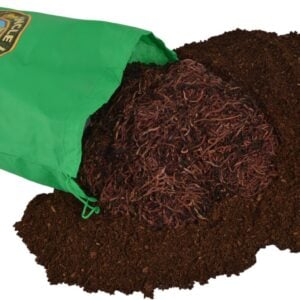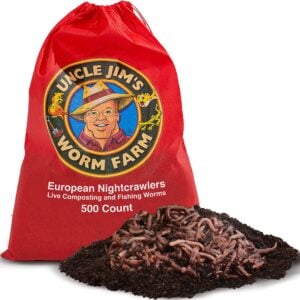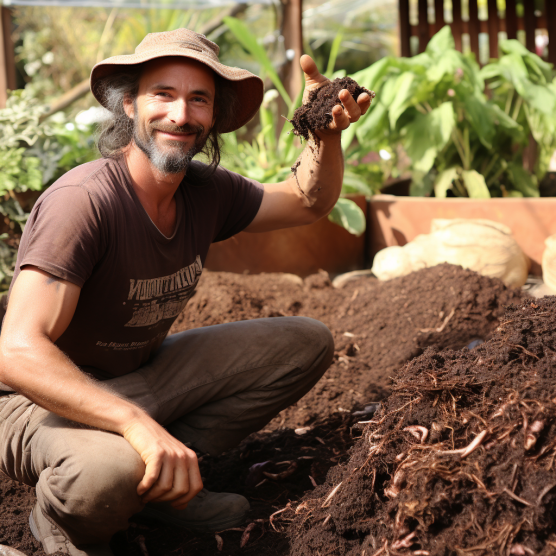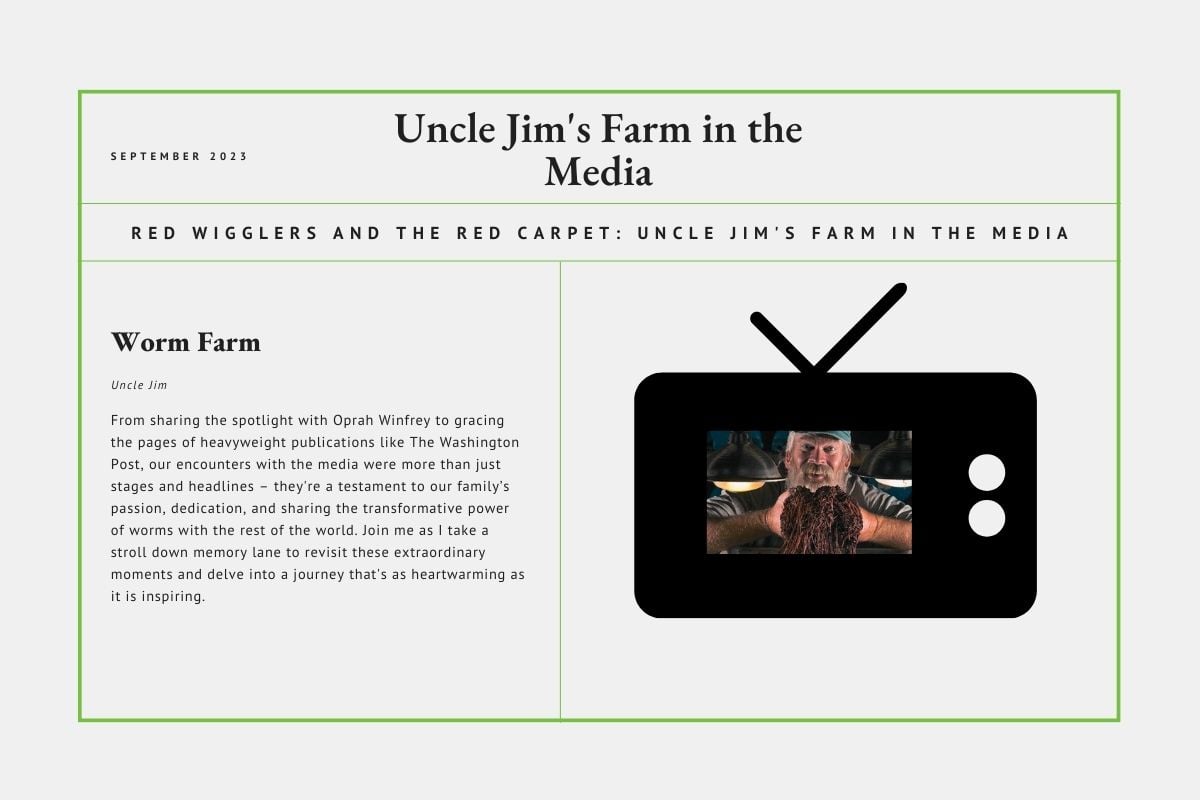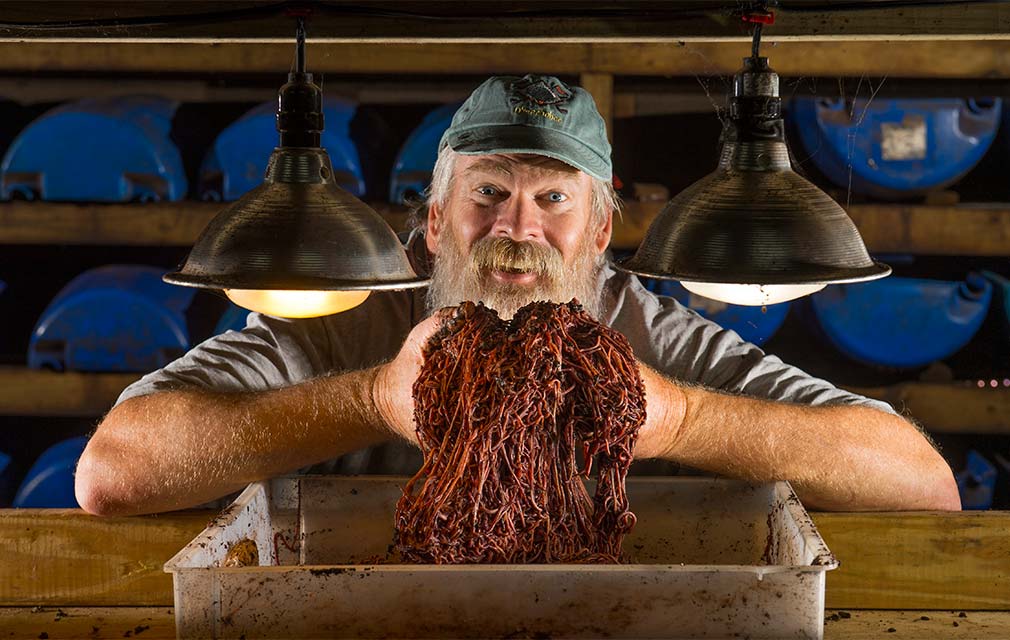 Yes, we’re worm guys but after working hard and caring for your vegetable garden all spring and summer, you’ve got to figure out a way to keep your veggies fresh until you can consume or store all of them! All vegetables have different preferences when it comes to storage and maintaining freshness. Some prefer to be refrigerated and others prefer to not. Here are some tips for all those different veggies.
Yes, we’re worm guys but after working hard and caring for your vegetable garden all spring and summer, you’ve got to figure out a way to keep your veggies fresh until you can consume or store all of them! All vegetables have different preferences when it comes to storage and maintaining freshness. Some prefer to be refrigerated and others prefer to not. Here are some tips for all those different veggies.
Tomatoes are one of the trickier vegetables to store. Most people think that putting them in the fridge is the sure fire way to keeping them fresher longer – it works for most things after all….right? Actually that is wrong! Refrigerating your tomatoes will actually change their texture and lessen their flavor within only a few days. The best way to store them for a longer period of time is to place them in a bowl that is lined with paper towels. Another note for storing tomatoes is to keep their stems pointed upward; this is the juiciest part of the tomato and is the most likely to bruise first. Rotate the tomatoes around every day or two to help with bruising as well. Tomatoes should keep for at least a week when stored this way.
Leafy greens such as spinach, cabbage and lettuce are best stored wrapped in a paper towel; this will help absorb any extra moisture from the leaves. They are best stored in a refrigerator, in the drawer if you have that ability. If they become wilted or limp, they can be easily revived through an ice bath. Submerge the leaves in ice water for 2-3 minutes and they should snap back to life. Keep in mind that leafy greens lose their texture and their nutrients within the first few days, so eat the quickly!
Onions, potatoes and hard-shelled winter squash (spaghetti squash, pumpkins etc) do not need to be refrigerated to maintain quality and nutrients. These veggies can last up to a month if stored in a cool, dry, dark drawer or bin. You can keep them on the counter – away from heat sources and direct sunlight – if you are planning on eating them within a week or two after harvesting. If you would like them to stay longer, store them in a drawer or pantry that stays dark and dry the majority of the time. Also, potatoes and onions should not be stored together in the same drawers or bins, they both emit gases that can cause decay in the other.
With proper technique and knowledge of the vegetables you like to grow, you will be able to consume all the vegetables without having to throw any out. The only benefit of growing too many vegetables is being able to add more waste to your growing compost pile and using those nutrients to put back into your soil and having that nutrient rich soil available to grow more plants again next season!



